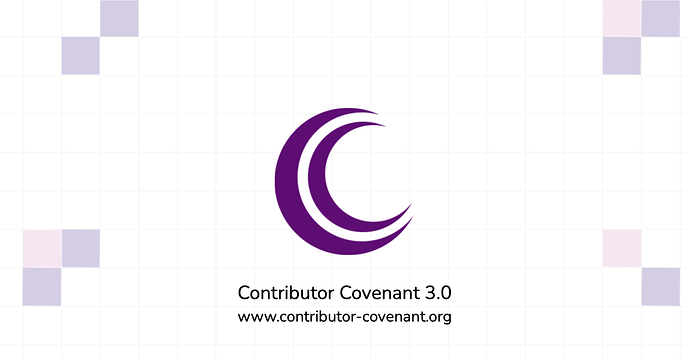All input is welcomed by me. Agree or not, provided it’s made in good faith.
Of course that’s true. I expect I know more facts about the distribution and demographics of “malcontents” than the Powers That Be, because some reach out to me in confidence. There are some (invisible) Kiraly supporters on d.p.o, but the level of support he got surprised me too. I also see a self-selected sample.
And, to be clear, I don’t think the 89% who did not select him had that further context either.
In most elections of any kind, most of the electorate is poorly informed.
Not unique to the PSF. Posts on Discourse are especially problematic, because they’re a form of self-selected public polling, “Preference falsification” can then go on to play major roles in creating a distorted illusion of public sentiment.
Nevertheless, in the last Steering Council election, just counting the number of hearts on candidates’ nomination statements on Discourse did a fine job or “predicting” the winners. In other similar elections, it didn’t.
There are no easy answers.
… Being uninformed doesn’t mean you should lose your vote. But uninformed voting is harmful and should be discouraged…
Just a fact of life. I’ll note that STAR voting is subtly designed to encourage more engaged voters. Things people aren’t even aware of. For example, ratings are of 0 through 5 stars. That’s an even number of choices. What if you want to express total neutrality? You’d need an odd number of choices to pick “the one in the middle”. That’s deliberate. They want to encourage you to think.
Regarding CoC changes, I see two related things worth following up on.
I hadn’t seen Ofek’s post before, it’s a good idea.
Also a nearly comprehensive illustration of “the problem”. The idea of mediation wasn’t new (as @ofek said, it was initially brought up in earnest by a former “person with power”, about 5 years ago), but was seemingly ignored. I know I replied immediately at the time it was first made, to support further thought. Then again, that person was in turn partly echo’ing an earlier suggestion of mine, but very helpfully fleshing it out with Jupyter’s actual implementation.
But Ofek’s topic was closed, with a note saying “[your feedback} has been heard and responded to …”, naming multiple “responses” that were all written before Ofek started his topic. Not a one of which even mentioned mediation, which was the primary thrust of Ofek’s topic.
So what could “has been heard” mean? There’s not the slightest sign that any bit of the feedback had been understood. Or, frankly, even that it had been read by anyone relevant. 5 years and still counting …
…
Importantly, most of us have not moderated large spaces before. Or written CoC documents. Or handled HR and firing decisions. Or anything else of the sort. So many of our ideas are likely to be rejected.
I’m with @malemburg with this. Apart from easy cases (“X said a bad word!”, “X, don’t do that again - you’re on notice”), we don’t have the core competences to presume we can do an adequate job at this. It’s hubris at its worst, which is of course common among computer nerds ![]() . You can’t sell me the idea that a 4-hour Zoom course on CoC enforcement even approaches adequate training for substantial cases, and not even our primary paid consultant claims a background in psychology or conflict resolution or negotiation (they’re an ex-Linux-dev, who switched careers rebranding as a “CoC consultant”, based on their own bad experiences as openly non-binary).
. You can’t sell me the idea that a 4-hour Zoom course on CoC enforcement even approaches adequate training for substantial cases, and not even our primary paid consultant claims a background in psychology or conflict resolution or negotiation (they’re an ex-Linux-dev, who switched careers rebranding as a “CoC consultant”, based on their own bad experiences as openly non-binary).
If you want professional results in hard cases, hire professionals. Without mountains of relevant experience, you can no more expect a well-intentioned Python person to jump in and improve the error distribution of math.gamma(). Or pick any area in which you’re an actual expert. The gap between your hard-won ability and “good intentions” is actually smaller than the gap in areas involving human conflict.
